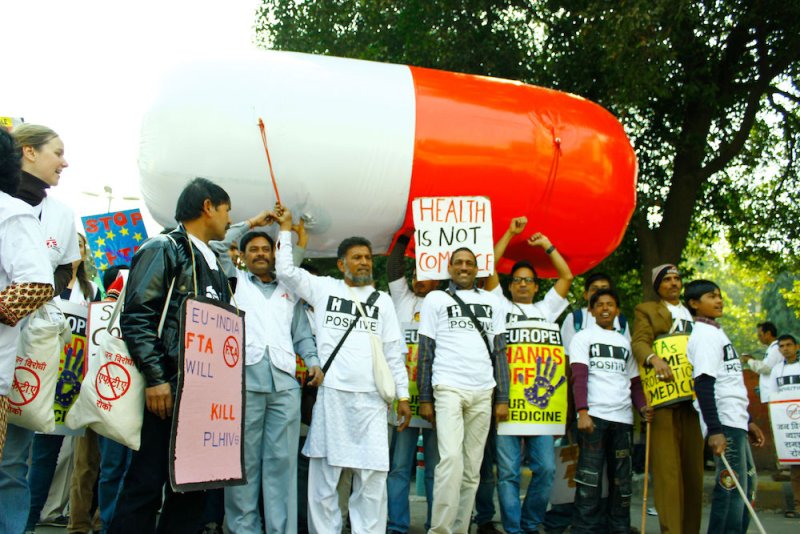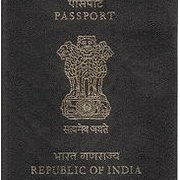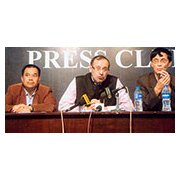- Negotiations

The European Union and India launched negotiations on a bilateral free trade and investment agreement in June 2007. However, between the governments, a number of controversies have been plaguing the talks. Delhi wants Brussels to relax its stringent food safety criteria which penalise Indian farm and fishery exports and to make it easier for Indian professionals to work in the EU. Europe is primarily out to win major openings of India’s services sector and broad liberalisation of foreign investment, while India does not want to discuss allowing European firms to compete in India’s government procurement market.
Indian social movements, including fisherfolk and labour unions, people living with HIV/AIDS and other health activists have been mobilizing against the FTA. International actions and campaigns have particularly targeted the proposed intellectual property provisions of the agreement, and the impact of the FTA on access to medicines.
last update: May 2012
Photo: MSF
23-Aug-2011
Imphal Free Press
Various social organizations held sit-in-protest against European Union-India free trade agreement at Zaphou in Chandel district (Manipur, India) today.
22-Aug-2011
For over four years now, India has been negotiating a Free Trade Agreement (FTA) with the European Union (EU) - the largest trade and investment deal the country has ever embarked on. As much as New Delhi expects to lure the European market and investments closer to India, the actual consequences for the country’s economy could be dire: the open up of public procurement, the deregulation of the banking, automobile, retail and mining industries plus the adverse impact the deal will have in small-scale farmers make of this FTA a counter-productive undertaking.
15-Aug-2011
The European Union is pushing for more foreign investment in a slew of sectors-banking, insurance, legal, accounting, postal, maritime and security services-but is unwilling to allow a bigger number of Indian professionals to work in the 27-member union. The EU is also reluctant in permitting services trade through electronic channels.
7-Aug-2011
A mass rally cum public meeting in protest against EU-India Free Trade Agreement (FTA) was held Saturday at the Indo-Myanmar border town of Moreh (Manipur) under the aegis of Hill Tribals’ Council (HTC) and Meitei Council, Moreh (MCM).
3-Aug-2011
PTI
Negotiations on a comprehensive free trade pact between India and the European Union, which began in June 2007, have reached an "advanced and delicate stage", India’s Parliament was informed.
2-Aug-2011
Economic Times
India has sought a commitment from each of the 27 member-nations of the European Union on the number of Indian professionals they would allow to migrate each year in order to help India move faster in concluding the bilateral free trade agreement with the EU, a senior government official has told ET.
26-Jul-2011
India and U.K. on Tuesday expressed commitment to conclude the broadbased India-EU Free Trade Agreement (FTA) by the end of the year.
25-Jul-2011
Financial Chronicle
Swedish carmaker Volvo says it does not plan to assemble cars in India as it was expecting an import duty cut on completely built units, assembled in Sweden, under the India-EU free trade agreement likely to be finalised shortly.
20-Jul-2011
An indigenous group from the Northeast today added steam to the dissent against the European Union-India Free Trade Agreement demanding transparency in the talks which have been held under “secrecy” for the last four years.
18-Jul-2011
Indian Wine Academy
After a barrage of print media giving high hopes for the EU to sign FTA with India thus reducing duties on imported wines and spirits from EU, it has resigned to the reality that the Free Trade Agreement between the two in the final stage is now being delayed because of the issue of lowering of duties on wines & spirits and cars, with India refusing to lower the tariffs due to a strong domestic lobby.








